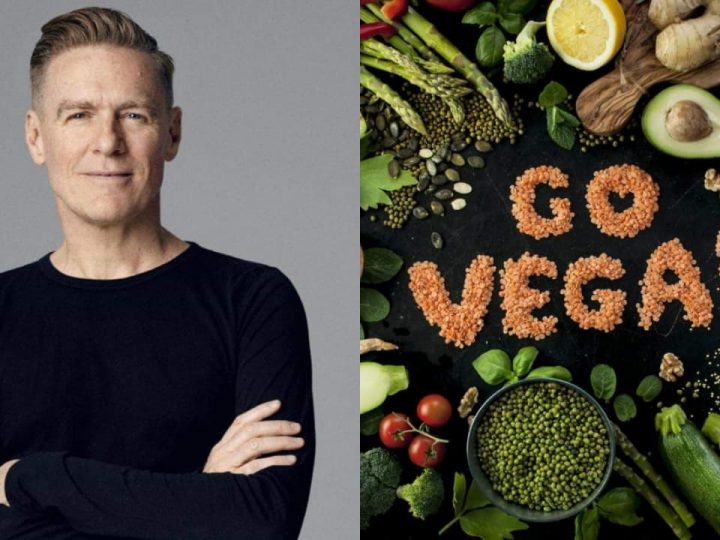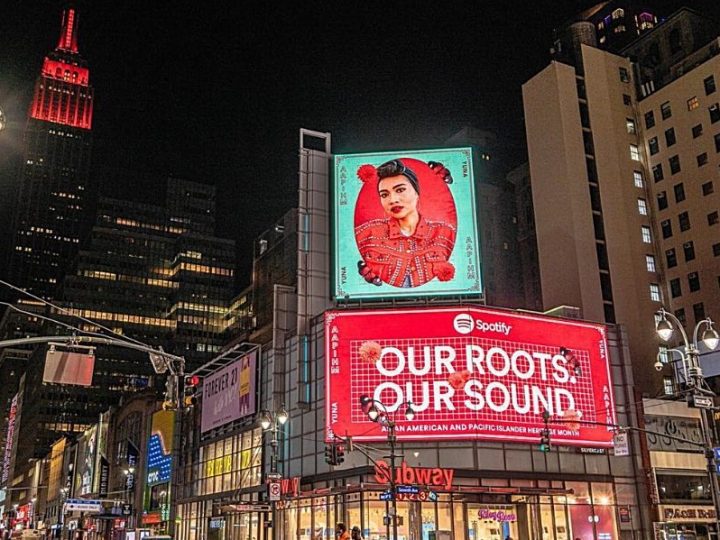‘Coronavirus Hairstyle’ is the Cool New Look in East Africa But It’s Not a Trend
 Thirsty for JUICE content? Quench your cravings on our Instagram, TikTok and WhatsApp
Thirsty for JUICE content? Quench your cravings on our Instagram, TikTok and WhatsApp
African hair has always been a significant element in their history and culture. Sometimes, their hair is not meant for style alone, it is also a means for their survival.
View this post on Instagram
When hair braiding was invented, the purpose was so they could keep grains of rice between the braids. This acts as a safety blanket for them so they know that when food is scarce, they always have a little nourishment with them everywhere they go. This method was especially used during slavery.
Not only was it a way to protect themselves from hunger during impoverishment, it was also a symbol of marital status, ethnic identity, religion and rank within their community.
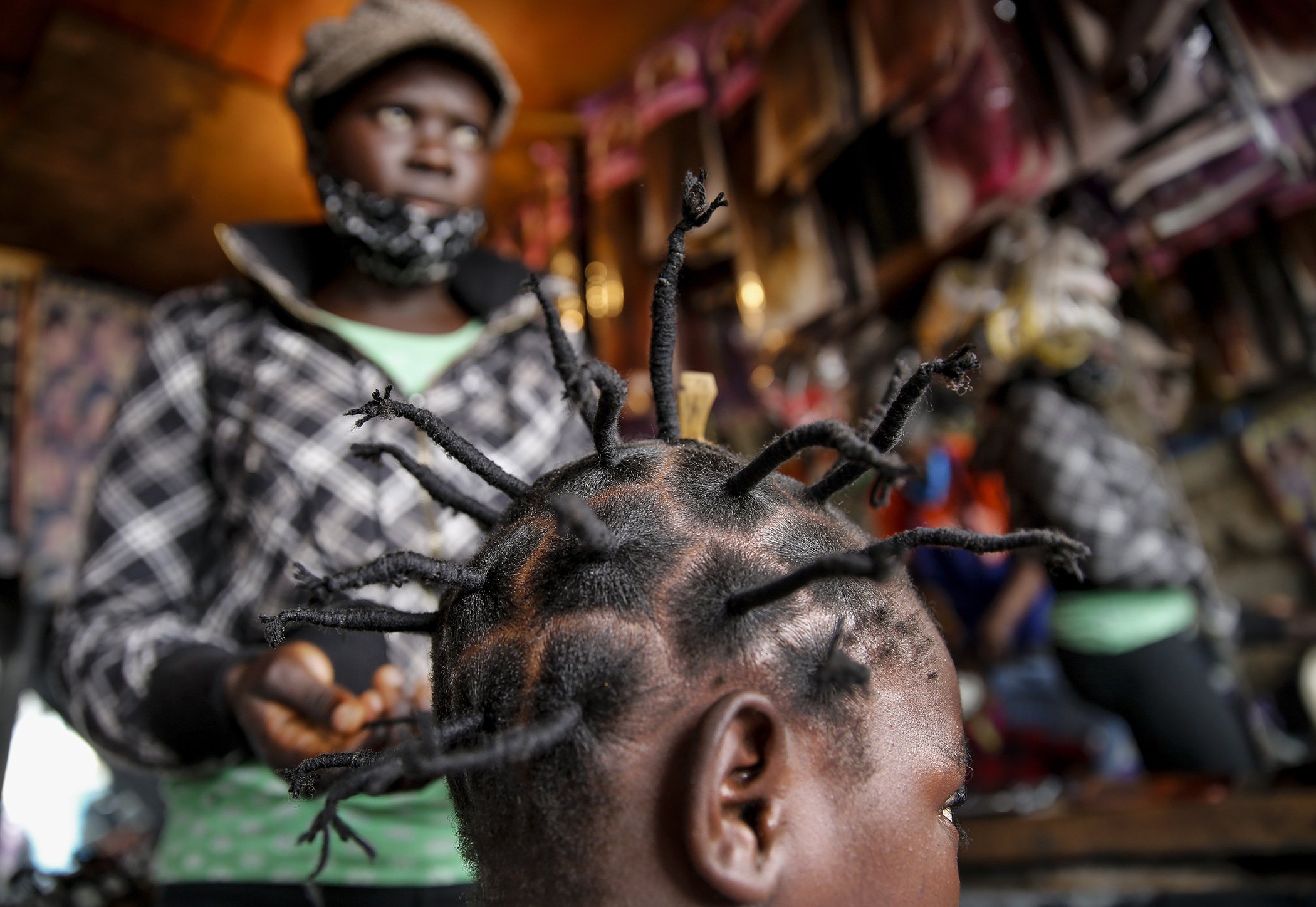
With that said, the new coronavirus hairstyle that has been making rounds around the capital of Kenya, Nairobi, is not just a cool new look to the Kenyans. In fact, it’s a brilliant and innovative way of spreading the message when it comes to the dangers of the virus.
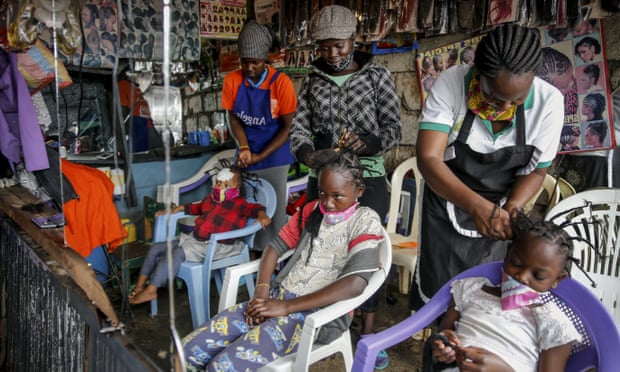
According to The Guardian, within the slums of Nairobi, hairdressers keep themselves busy by braiding young girls’ hair into stylish spikes that resemble the shape of the coronavirus. By being fashionable, trendy and cheap, this hairstyle is the go-to for children since most parents cannot afford a pricier style. The corona-braids cost 40 shillings (RM2) in comparison to other hairstyles that usually cost 300-500 shillings (RM12-RM20)
According to statistics, the confirmed deaths in Kenya due to coronavirus have reached over 700 but since testing materials and clean water are scarce, the number might be even higher. With that, the need to alert the citizens about the virus has become more pressing than ever.

The hairstyle is a way to make sure young children share their knowledge with each other and encourage one another to sanitise their hands and wear masks. Of course, the girls are having fun with it by adding colourful threads to their hair to create vibrant braids and inject their own sense of individuality.
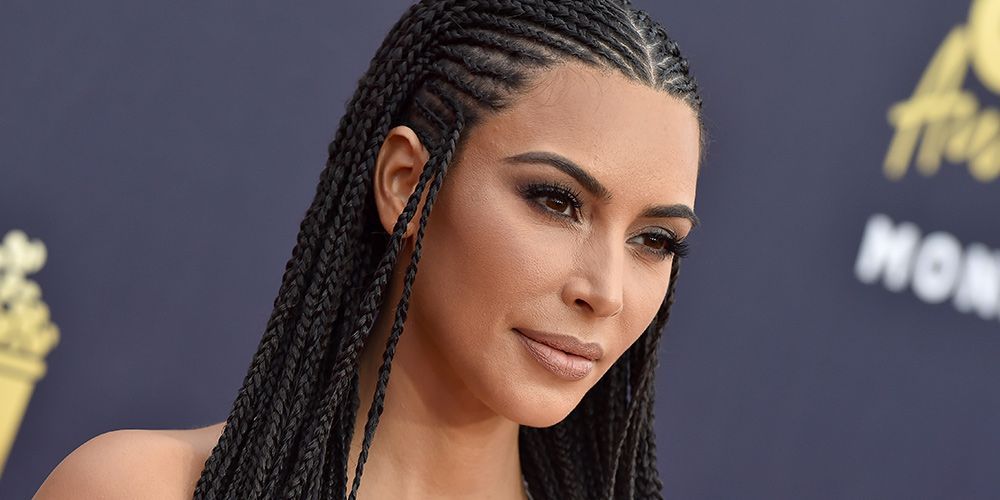
As evident from the present and the past, hair is integral to African culture. When you wear African hairstyles without knowing the history behind it, it’s a disservice to their ethnic background. Many Africans are still discriminated based on their hair despite it being praised and idolised when other cultures wear it.
To them, it’s not just hair that they can don when they want to feel “edgy” & “urban”, it’s a part of who they are and we should respect that.
For more news, choose JUICE.


 Get Audio+
Get Audio+ Hot FM
Hot FM Kool 101
Kool 101 Eight FM
Eight FM Fly FM
Fly FM Molek FM
Molek FM